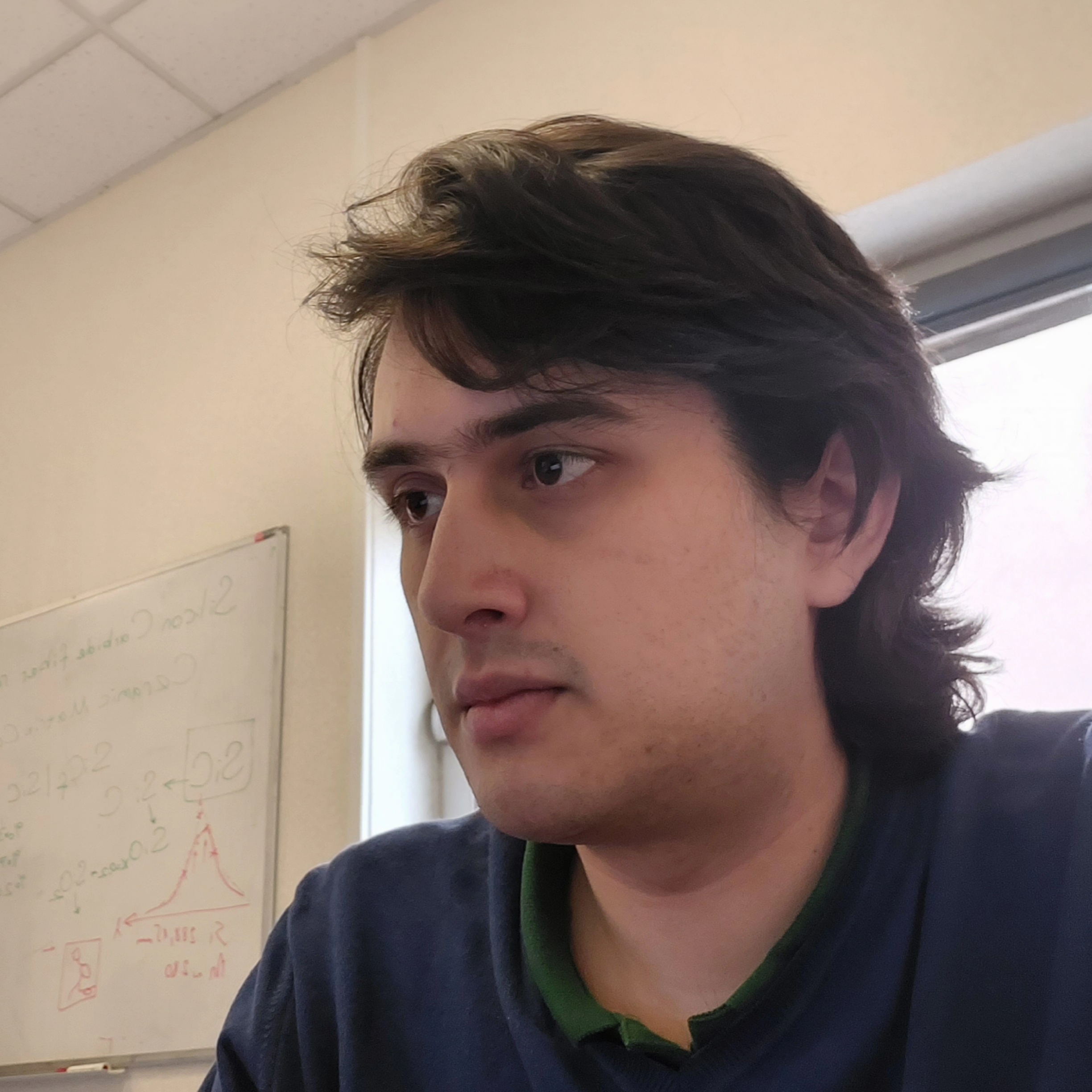Sparse Representations and Kernel-based PCA: Powerful Tools to Extract Elemental Maps from Noisy Data Obtained in LIBS Mapping of Materials
Date:
Laser-induced breakdown spectroscopy (LIBS) is a preferred technique for fast and direct multielemental mapping of solid samples under ambient pressure, with a lateral resolution of a few µm. LIBS mapping data have two peculiarities: an intrinsically low signal-to-noise ratio due to single-shot measurements, and a high dimensionality due to the elevated number of spectra acquired. The extraction of physico-chemical information from a noisy and large dataset is therefore a major issue. Multivariate approaches were introduced as a means to cope with such data, particularly using Principal Component Analysis (PCA). Yet, PCA is known to present theoretical constraints to the consistent reconstruction of the dataset, and it is therefore limited to efficiently interpret LIBS mapping data. We introduce a new analysis strategy, called DWT-kPCA, based on a sparse representation of the data using Discrete Wavelet Transform and kernel-based sparse PCA to remove noise from the data and consistently reconstruct the spectroscopic signal. We show that the method presents advantages both in quantity and in quality of the information recovered, thus improving the physico-chemical characterisation of analysed surfaces.
